A documentary from David Fedele allows Papua New Guinean villagers to tell their own story of broken promises and destruction from Malaysian companies logging of their forests.
Bikpela Bagarap / Big Damage – Documentary Shows the Struggle of Life in the Shadow of Big Timber
Villagers from Papua New Guinea (PNG) speak their own truth, without narration. Environmental and economic exploitation with broken promises rule, where Malaysian logging companies and corrupt politicians treat local people as second-rate citizens in their own country.
An unfortunately common narrative in the multinational economic hitman milieu, exchanging “development” promises (fresh water, health and education services) for customary (legacy) landowners signing misunderstood documents surrendering rights. Essential services are rarely provided. Instead, roads and clear-cuts destroy traditional hunting grounds, pollute waterways, and ruin their way of life forever.
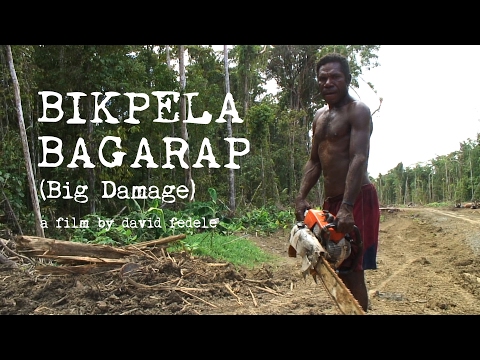
Watch this video on YouTube
Big Damage – the documentary by David Fedele – bikpelabagarap.com
Never-Ending (Post) Colonial Capitalist Exploitation
“The local landowners have no idea about the value of their trees—so when a company comes in and offers them a little bit of money, or even offers to pay them with other things such as water tanks or roads or houses, most of the time they just jump at the offer and sign whatever is put in front of them,” said Filmmaker David Fedele in Mongabay.com.
Fedele spent almost three months traveling solo in Sandaun Province, in northwest Papua New Guinea, in order to film Bikpela Bagarap. The Malaysian logging company is WTK Realty, referred to as “The Company.” Based in Vanimo town, David traveled extensively into the jungle visiting local villages and exploring current and past logging operations. Time was also spent in two main logging camps in Sandaun Province – Maka Basecamp and Amanab 56 Basecamp.
Difficult Solutions: REDD and Sustainable Forestry
The logging concessions in Fedele’s film were handed out in the 1960s when PNG was a colony of Australia. A company called Vanimo Forest Products, a wholly-owned subsidiary of a Western Australian firm, Bunnings Ltd, operated the concession. In February 1990, Bunnings controversially sold the concession to WTK Realty for US$13 million.
The timber from the Vanimo concession is exported, mainly to China, where it is cut down and processed and once again exported. The main timber species exported is merbau, and according to Fedele, more than 50% of the merbau logged in PNG ends up in Australia.
Fedele outlines potential solutions to the problems created by the logging industry in Sandaun Province, yet does not mention REDD (Reducing Emissions from Deforestation and Forest Degradation) even though it emerged as the potential model for successful protection by the UN climate negotiations in Montreal. Governmental corruption has all but foreclosed the possibility of success with REDD in PNG.
Fedele notes two solutions usually put forward are naïve (read: impossible): that the logging industry should leave PNG; and that countries should stop importing their timber (leading to the logging companies leaving).
Fedele proposes that “logging MUST be undertaken in a sustainable way, and the local people must benefit from these natural resources on their land.” He suggests that log exports should be banned and that timber should be processed in PNG providing opportunities for local employment.
Fedele may be right, but implementing this solution is by no means straightforward and he makes no suggestions about how this could be done.
Greenpeace Documented Abuses Elsewhere
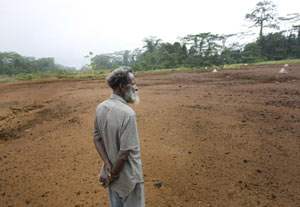

According to the Greenpeace Australia Pacific Blog, in 2008 they documented conditions in three PNG logging concessions, where they “Visited remote villages in Gulf and Western Provinces where logging companies Rimbunan Hijau (RH) and Turama Forest Industries (TFI, a Rimbunan Hijau group company) are felling ancient rainforests and abusing their workers.”
Local people spoke of similar abuses by these logging companies, including:
•destroying sacred sites
•breaking promises of development
•withholding royalty payments
•logging too close to villages
•endangering the food supply.
Illegal logging is the most significant problem, as the World Bank estimates that 70 percent or more of the deforestation is illegal. In October 2011, Greenpeace activists blockaded a Chinese logging ship, the Fu Tian, exporting timber from PNG near the concession of Malaysian company Rimbunan Hinjau. They claimed to have a Special Agriciultural Business Lease to grow palm oil with local permission. As is explained in REDD-Monitor, this is but another ruse to clear-cut illegally using false signatures from “customary” landholders that were likely children on their “permit.” A truly ugly undertaking.
SEE: ACT NOW for petition to stop this destructive practice – http://www.actnowpng.org/content/stop-logging-inside-disputed-land-grab-areas
For background or more information about the film, visit
http://www.bikpelabagarap.com/
Note from the filmmaker
Bikpela Bagarap / Big Damage has been independently produced and funded. If you have been moved in any way by the film or the issues that it presents, please take it upon yourself to raise and spread awareness about the situation in Papua New Guinea.
Sources:
http://www.greenpeace.org.au/blog/?p=264
http://news.mongabay.com/2011/0829-hance_bigdamage.html
Updated 17 May 2017

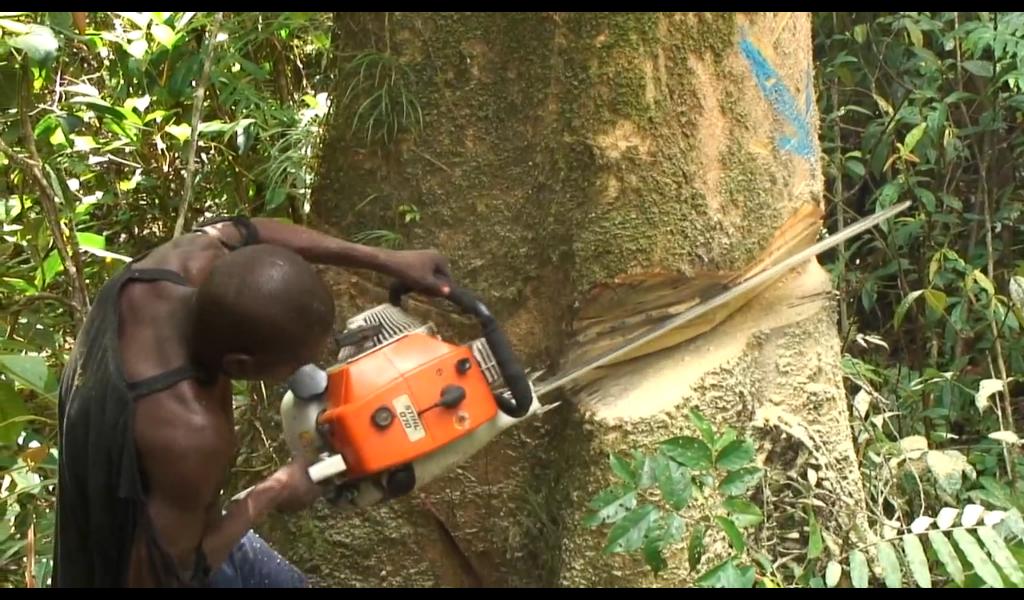

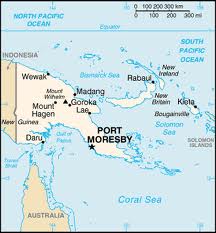

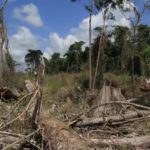
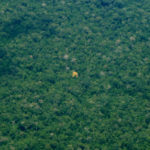
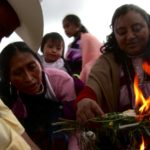
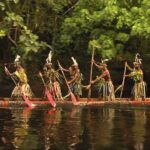
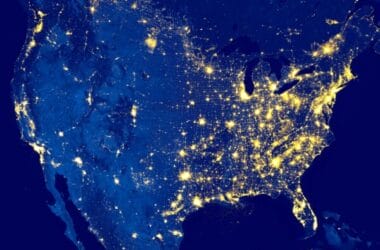
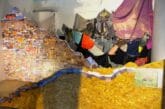
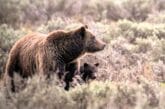
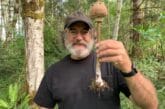


Pingback: Papua New Guinea: Sepik River Initiation and the Crocodile Cult | WilderUtopia.com
Pingback: Papuan Rainforest World of Sustainable River Guardians | WilderUtopia.com